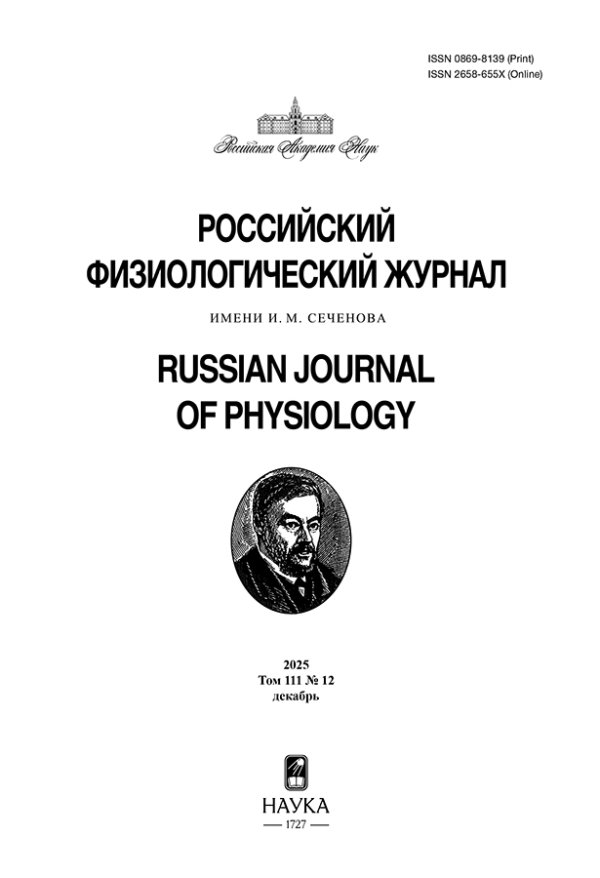Озонотерапия является высокоэффективным методом реабилитации организма при различных патологиях, эффекты которой могут быть связаны с ее влиянием на механизмы транспорта кислорода крови. Цель данной работы – исследование влияния озона в различных концентрациях на кислородтранспортную функцию крови, содержание 2,3-дифосфоглицерата и аденозинтрифосфата, систему газотрансмиттеров (монооксид азота и сероводорода) у крыс. Эксперимент выполнен на белых беспородных крысах-самцах (n = 56), которых разделили на 4 группы: контрольная, получавшая внутрибрюшинно 1.0 мл 0.9%-ного раствора NaCl в течение 10 суток, и 3 опытных, которым на протяжении 10 суток осуществлялось введение 0.9%-ного раствора NaCl с концентрацией озона 1, 10 и 100 мкг/кг массы животного соответственно. Определяли показатели кислородтранспортной функции крови, содержание 2,3-дифосфоглицерата и аденозинтрифосфата, нитрат/нитритов и сероводорода. У животных, которые получали озон в концентрации 10 мкг/кг, наблюдалось увеличение РО2, SO2, Р50реал, 2,3-дифосфоглицерата, аденозинтрифосфата и газотрансмиттеров (монооксид азота и сероводорода) в сравнении с контролем. При использовании озона в минимальных и максимальных концентрациях изменения показателей кислородсвязывающих свойств крови не отмечались. Выявленный эффект озона (в дозе 10 мкг/кг) на кислородтранспортную функцию крови крыс, проявляющийся в уменьшении сродства гемоглобина к кислороду, реализуется через увеличение монооксида азота и сероводорода, способствующих росту таких модуляторов, как 2,3-дифосфоглицерат и аденозинтрифосфат.
 1441-1452
1441-1452


 1453-1471
1453-1471


 1472-1488
1472-1488


 1489-1500
1489-1500


 1501-1511
1501-1511


 1512-1525
1512-1525


 1526-1544
1526-1544


 1545-1557
1545-1557


 1558-1575
1558-1575


 1576-1578
1576-1578












